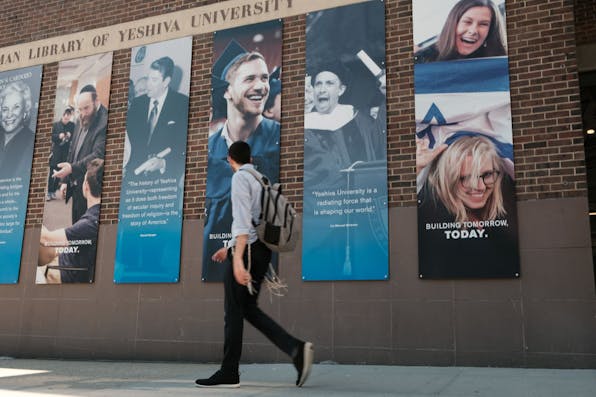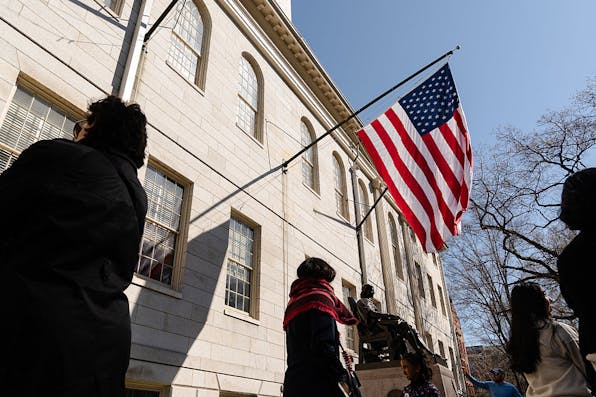
August 25, 2025
The Perverse Microeconomics of the American University
Even in STEM fields, the forces that shape decision-making for students, faculty, and administrators push them towards academic mediocrity and leftist politics.
An undergraduate degree from the most prestigious schools in the United States is, as evidence of educational achievement, worthless. The hardest thing anyone does on these campuses as an undergraduate is get admitted.
This is now a widely recognized fact in the technology world: no sensible manager would even consider hiring candidates out of an elite American college solely because of their grades and the school’s prestige. This is not true of a degree from the top schools in China, which remain significantly meritocratic, where judging students by their grades has real value. In fact, I recently had a conversation with a former admissions officer for an Ivy League medical school who told me that the admissions committee routinely disregards grades from Princeton as being a result of systematic grade inflation.
To put a finer point on it, receiving a degree from Stanford, Harvard, Princeton, or Yale is a strong indicator of socioeconomic class, of having done well in high school, and of a willingness to tolerate four years of progressive indoctrination. It’s an indication of a willingness to pay approximately the median cost of a house, plus four years of opportunity cost, to engage in high-grade social networking and prestige signaling—both of which, to be sure, can be incredibly valuable.
Responses to August ’s Essay

August 2025
The Future of Higher Education and the Jews: A Symposium
By The Editors
August 2025
How Jewish Studies Became a Tool of Adversarial Culture
By Ruth R. Wisse
August 2025
The Future of Universities Must Be Built on Firm Values
By Daniel Diermeier
August 2025
Western Civilization and the Jews: A Shared History
By Steven H. Frankel
August 2025
The Quest for Wisdom, Truth, and Virtue at the University of Dallas
By Jonathan J. Sanford
August 2025
Universities Need Teachers Who Want to Teach, and Students Willing to Learn
By Bella Brannon
August 2025
Saving American Universities Requires Cracking Down on Foreign Funding
By Danielle Pletka
August 2025
Jews Shouldn’t Give Up on Universities, and Neither Should America
By Eitan Webb
August 2025
The Moral Collapse on Campus Is a Result of the Hollowing Out of the Humanities
By Alexander S. Duff
August 2025
Return American Universities to Their Religion-Friendly Roots
By Liel Leibovitz
August 2025
To Make the Academic Desert Bloom, Look to Religion
By Ari Berman
August 2025
The Universities and the American Crisis
By Ben Sasse
August 2025
The Campus Intifada Is a Golden Opportunity for Those Who Study Israel Seriously
By Avi Shilon
August 2025
With No Easy Fixes for Middle East Studies, It’s Time for New Programs
By Robert Satloff
August 2025
The Perverse Microeconomics of the American University
By Michael Hochberg